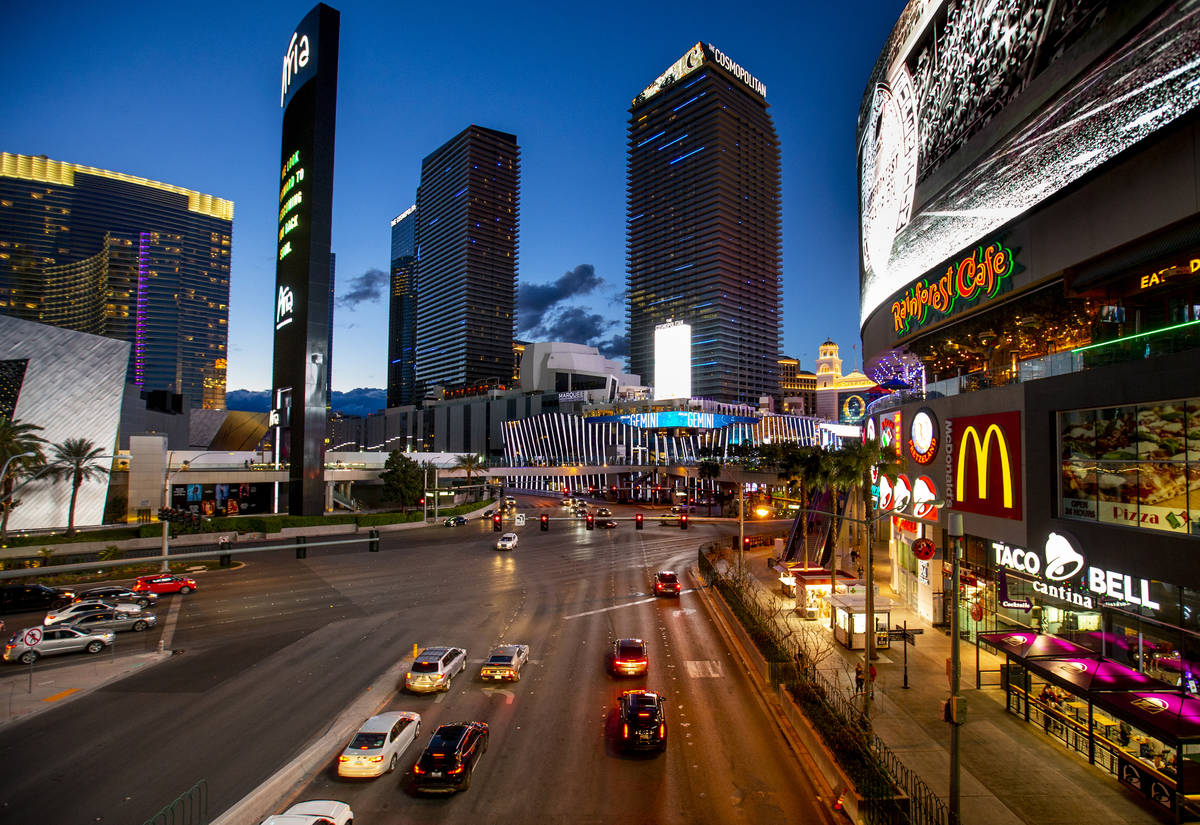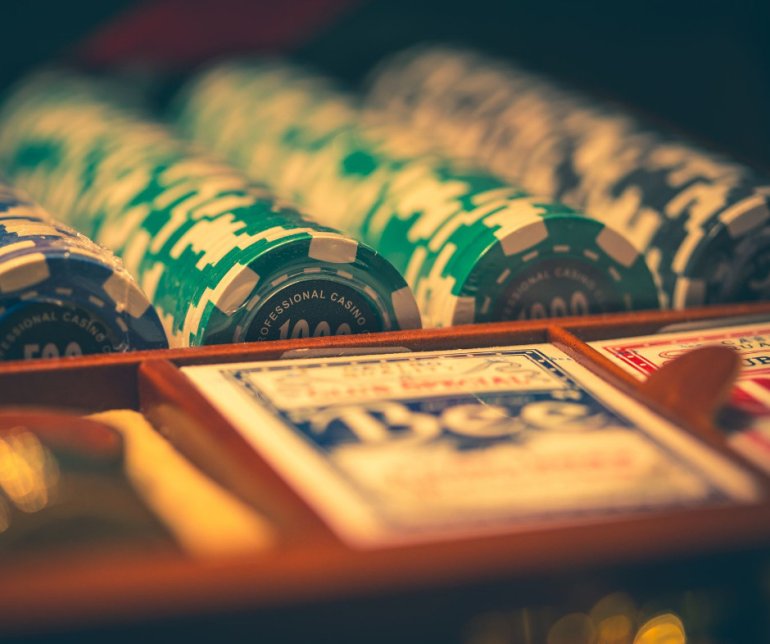A Casino Can Prohibit
Home > Online Casinos > Casino Articles > Winning A Casino Jackpot
Gamblers in the US have three levels of laws to contend with. First, there's Federal law, such as UIGEA, which limit how Americans can do business with gambling websites. Then there's state law, maybe the most contentious legal arena for gamblers, a set of fifty unique rules and regulations based only on what set of borders you're gambling inside. Further down the totem pole, there are county and municipal laws, not as big a problem for bettors as Federal or state, but still a relevant issue in some parts of the country.
The decision to prohibit any activity should be based on a thorough analysis of costs and benefits. Gambling industry should be regulated in the same way as other activities, without taking into consideration the pretentious and contradictory arguments of morality, or as a result of discrimination in relation to a particular social class. Monaco Gambling Laws haven’t changed much since then as the Monaco casino industry serves solely the foreigners. There are passport checks at the casino entrances. Only non-Monegasques over 18 can enter the casinos in Monaco. Good thing is that Monaco laws don’t mention online gambling. Therefore, Monaco citizens can gamble online, freely. In the letter, Hallett cited Park MGM’s recent decision to ban smoking — the first major Las Vegas resort to do so — and said more than 1,000 casinos across the country, many of them tribal.
The list of states below represents the ten most oppressive sets of gaming laws in the US. Unlike some of our other lists, this one is in a particular order. It starts with the worst offender, the deeply-conservative and religious state of Utah. The list ends with the seemingly progressive but increasingly anti-gambling state of Wisconsin, moving from the absolute worst set of laws to a set that are almost-tolerable.
1. Utah
Casinos: 0
Social Gambling: Not Legal
DFS Bets: Not Legal
Online Gambling: Not Legal
You can't gamble legally anywhere in Utah - not in the privacy of your home, not at any sort of casino, not even in a game of bingo or a raffle. One of few states with a specific law against Internet betting, Utah has also taken the unique step of opting out of any future federal legalization of gambling. State lawmakers are so paranoid about the prospect of gaming that they've make a pre-emptive strike against some mythical future decision of the federal government. If you live in Utah and want to gamble, you pretty much have to drive 90 minutes to Nevada.

2. Hawaii
Casinos: 0
Social Gambling: Not Legal

DFS Bets: Not Legal
Online Gambling: Not Specified
You don't often hear Utah and Hawaii mentioned in the same breath – one is largely white, Republican, and hyper-religious, and the other is Hawaii. But when it comes to laws against gambling, you can't beat the one-two punch of Utah and the Aloha State. Hawaii hasn't acted yet to outlaw online gambling, but it's only a matter of time. Both voters and lawmakers in the state consistently say in polls (and in votes) that casino gambling would be a blight on the state's natural beauty. Proponents of gambling in the islands say that each casino would bring about $20 million in new revenue each year. Anti-gambling forces point out that Hawaii's tourism industry brings in about $1 billion a year already, so an extra $20 million isn't worth the additional crime, pollution, traffic, and other downsides of the gaming industry. The fight continues – but for now, you just can't gamble in Hawaii without breaking the law.
3. Indiana
Casinos: 1
Social Gambling: Not Legal
DFS Bets: Legal
Online Gambling: Not Legal
There's a casino in French Lick where you can play slots and table games. But if you want to play those games elsewhere in the state, you'll have to head to a riverboat, pay an entry fee, and play (let's face it) inferior games in an inferior setting. Aside from the land-based games in French Lick, Indiana's overly-broad definition of gambling and overly-harsh penalties for the act of illegal gambling (which is a felony on a first offense in most cases) make it a very un-friendly state for people who bet. The state has explicitly outlawed social and private gambling, even if your own home, and while daily fantasy sports betting is protected by state law (when you study US gaming law you get used to hypocrisy), you are technically committing a crime if you play online poker, blackjack, slots, or any other gambling game.
4. Tennessee
Casinos: 0
Social Gambling: Not Legal
DFS Bets: Not Legal
Online Gambling: Not Specified
Tennessee makes the list because it's never really renovated the harsh gaming laws that every US state put in practice in the 19th and early 20th centuries. While other states that were once dead-set against casino gambling have gone on to host massively-profitable gambling industries (we're looking at you, New Jersey and Pennsylvania), Tennessee lawmakers never moved to regulate or allow any form of gambling. The only bit of leniency implied by state law is its failure to address online gambling in general, though Tennessee's AG did wake up long enough to band daily fantasy sports bets. Most Tennessee citizens do their gambling in Mississippi. Wouldn't it be nice to keep that money in the state coffers in Nashville?
5. Alaska
Casinos: 0
Social Gambling: Not Legal
DFS Bets: Not Specified
Online Gambling: Not Specified
Literally the only way for an Alaskan to play a traditional casino game, slot machine, or video poker machine is to drive into Canada or get on a plane and land in some other US state. You could argue that the state's lack of desire to outlaw DFS or online gambling is a de facto legalization of those activities, but in a state where a second gambling offense is a felony, do you really want to test the court with that defense?
6. New Hampshire
Casinos: 0
Social Gambling: Not Legal
DFS Bets: Not Specified
Online Gambling: Not Legal

The New Hampshire House and Senate have been at war for about a decade over the issue of casino legalization. The House has presented two legitimate bills to the Senate for their approval – one would have allowed the construction of two casinos in the state, the other proposed just one commercial gaming property. The Senate couldn't stomach either bill. The state has already outlawed online gambling, and is moving to make DFS bets illegal as well. Don't place wagers on a private poker game or March Madness pool in the state – you're breaking the law and eligible for a surprisingly-tough misdemeanor charge. The only saving grace for gamblers in New Hampshire is that they're close to regulated gambling options in Massachusetts and New York.

7. Georgia
Casinos: 1 (casino cruise ship)
Social Gambling: Not Legal
DFS Bets: Not Legal
Online Gambling: Not Specified
Georgia's gaming law is the epitome of the Deep South's attitude towards most vice – they don't like it, they don't want you to like it, and they don't plan on doing much about it. The state's one legitimate gambling option is a small 'casino cruise' with a few table games, gaming machines, and a tiny sportsbook and bar. Georgia lawmakers appear poised to outlaw all forms of online gambling, as they've recently moved to make daily fantasy sports wagers illegal under the state's broad definition of gambling.
8. Texas
Casinos: 1 (tribal)
Social Gambling: Legal
DFS Bets: Not Legal

Online Gambling: Not Legal
The fact that the massive and densely-populated state of Texas has just one rinky-dink tribal casino to its credit is a crime. Sure, citizens can play most games in the privacy of their home, and the existence of 'game rooms' featuring slots and electronic versions of table games is well-documented, but now that lawmakers have been forced to declare DFS betting illegal, it seems likely that the state also consider all forms of Web-based betting unlawful. One of the reasons Texas makes the list is the sheer unlikeliness of big changes to the state's draconian position on gambling in the near-future.
9. Florida
Casinos: 8
Social Gambling: Not Legal
DFS Bets: Not Legal
Online Gambling: Not Specified
Don't get busted placing a wager on a DFS game or playing a private poker game – a first offense is a tough misdemeanor, and a second offense is a felony. We think it's just a matter of time before Florida law is altered to include a provision against Web-based gambling, to protect the state's limited tribal gaming industry.
10. Wisconsin
Casinos: 24 (tribal)
Social Gambling: Not Legal
Can A Casino Prohibit A Card Counter
DFS Bets: Not Specified
Online Gambling: Not Specified
How does a state with two-dozen casinos earn a spot on this list? State lawmakers are constantly acting to outlaw new forms of gambling – that means in recent years Wisconsin citizens have lost the right to gamble in their private homes or businesses, and lawmakers have even specifically outlawed online gambling. Now they're working overtime to ban daily fantasy sports betting. Yes, tribal gaming options in the state are adequate, but lawmakers are consistently moving in the direction of prohibition. Soon, the only way to place any sort of bet in the state will be in a venue where the state can earn their tax share.
A Casino Can Prohibit Who
I know its very unlikely anyone can win from a casino, in fact it's almost impossible but there are indeed real stories of people making several thousands even millions of dollars from these casinos (through legit and illegitimate ways).
I was wondering if there is really a very skilled player or somehow someone figured out a way to win in the casino consistently and legitimately. (For e.g card counting in blackjack).
Could the casino ban this particular person? I've heard casinos in the states does but what about those in Europe and Asia. Can the person have the right to have entry if he didn't do anything illegal?
Just wondering, anyway these casinos makes so much that I don't think they should even bother an individual winning from them.



